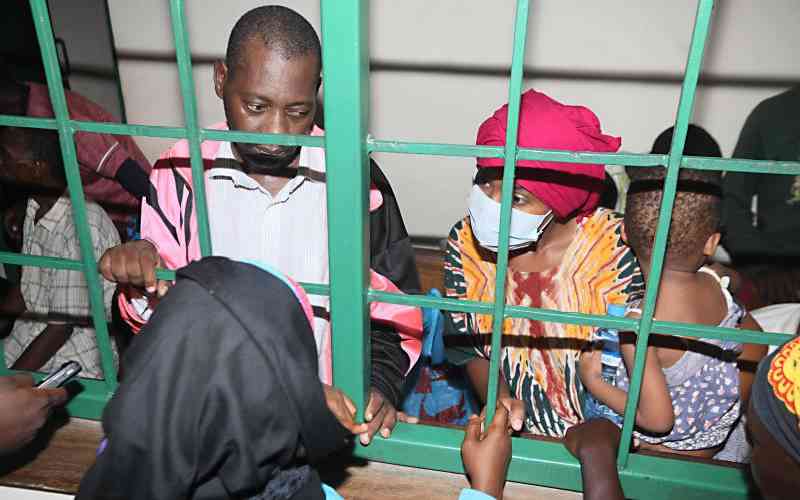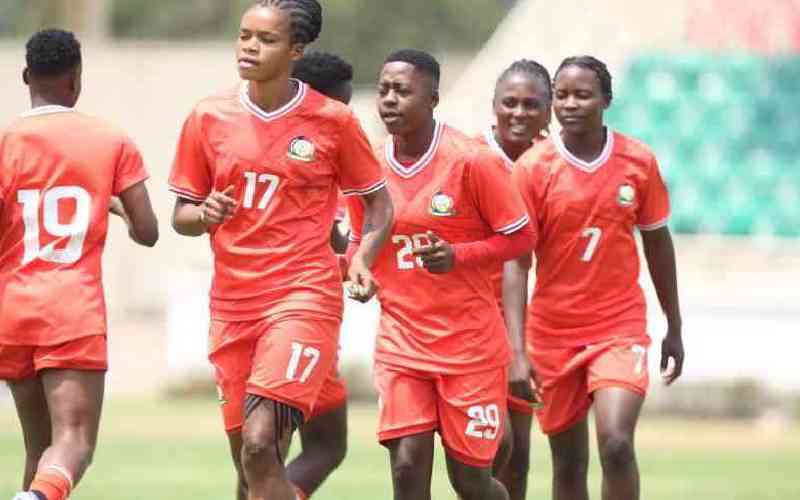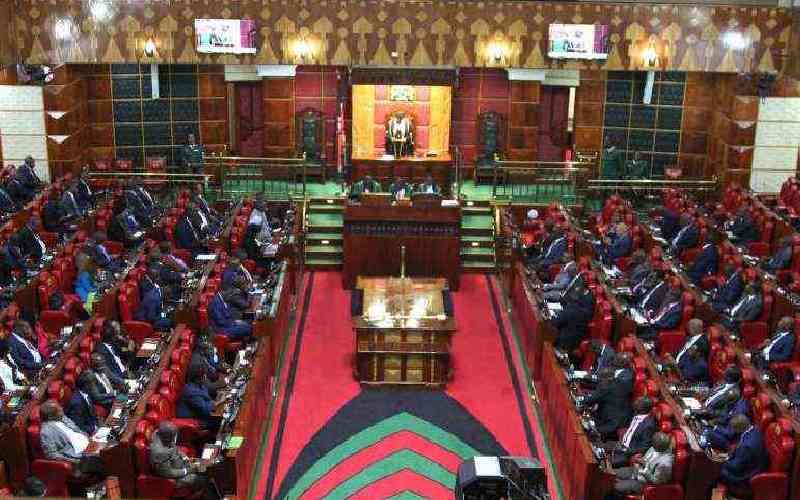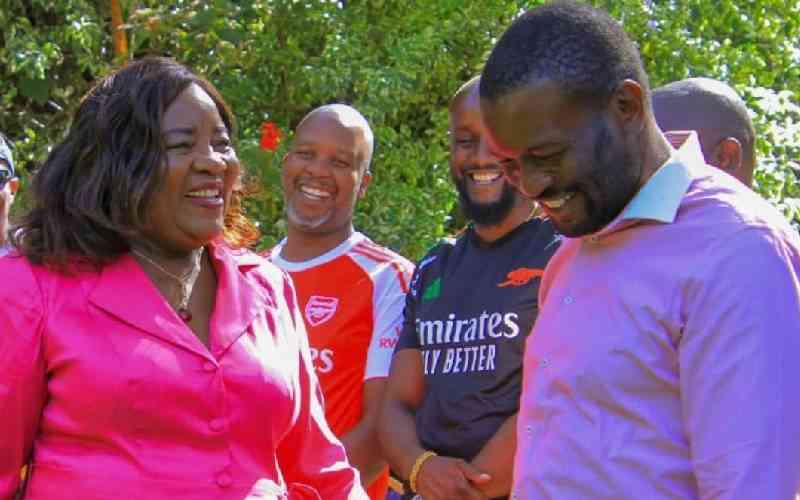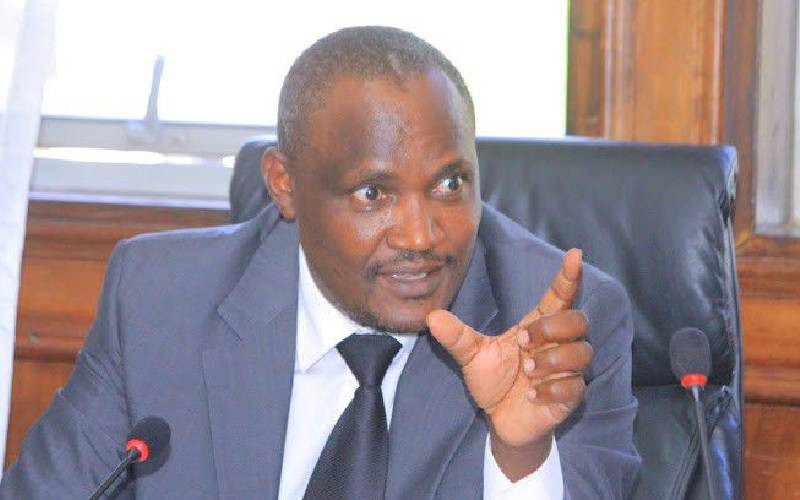Controversial pastor Paul Makenzi and his wife Rhoda Maweu at Shanzu Law Courts in Mombasa on May 5, 2023. They have been accused of mass murder after more than 100 members of their Good News International Church in Shakahola, Malindi, in Kilifi County, died under unclear circumstances. [Omondi Onyango, Standard]
×
The Standard e-Paper
Stay Informed, Even Offline

